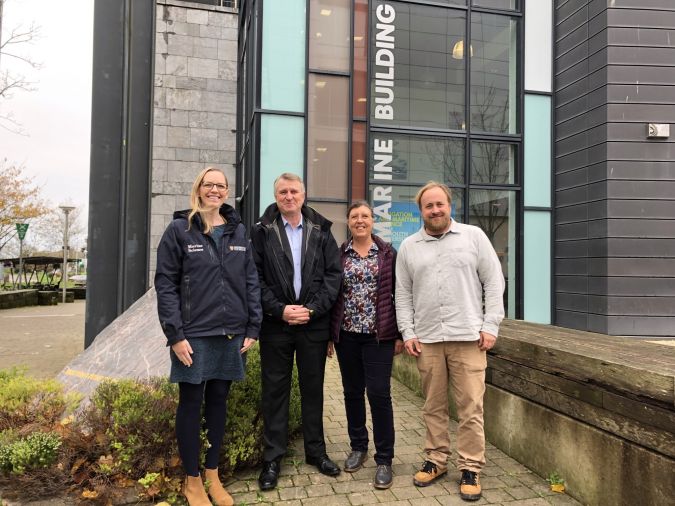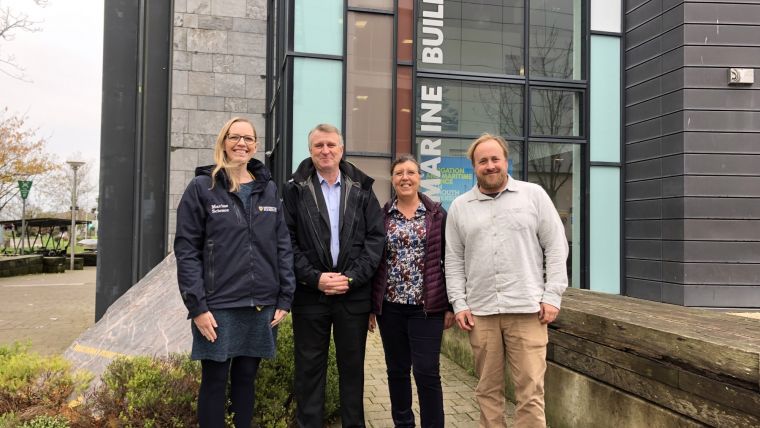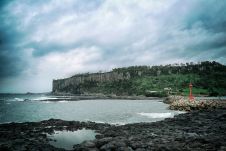University of Plymouth Integrates GeoAcoustics Sub-bottom Profiler into Hydrography Programmes
Hydroacoustic technology specialist GeoAcoustics and the University of Plymouth have signed a new technology partnership agreement based on the use of a GeoPulse Compact sub-bottom profiler for education and research purposes.
The University will take delivery of the system, which includes an Over-the-Side (OTS) transducer mount for deployment flexibility, this December. The partnership also includes the potential to switch to a next-generation GeoPulse system in 2023 as well as a one-day guest lecture and processing workshop for the University’s MSc Hydrography and BSc Ocean Exploration and Surveying students.
The GeoPulse Compact enables the University to expand and enhance their teaching of the fundamentals, workflows and best practice of sub-bottom profiling, with the opportunity to apply the theory in a live setting using an industry-standard shallow water acoustic system.
Hands-on Collecting, Processing and Analysing of Sub-bottom Data
The system will be integrated into undergraduate and postgraduate research projects as well as broader academic research. Upcoming research projects within the Coastal Processes Research Group will use GeoPulse Compact for dependable, accurate sub-bottom data acquisition.
“The exciting new partnership will facilitate new academic research investigating coastal sand supply to our coasts in the UK; a key factor in how our coasts respond to rising sea levels,” said Dr Tim Scott, associate professor of Ocean Exploration at the University of Plymouth.
“We are excited to integrate this system into the third year of our BSc Ocean Exploration and Surveying programme, giving students the opportunity to get hands-on with collecting, processing and analysing sub-bottom data. This is becoming increasingly important in hydrography, reflected in current commercial, research and industry needs, and using this technology alongside our fleet of autonomous vessels will significantly improve our sub-seafloor mapping capabilities,” said Dr Jenny Gales, senior lecturer in Ocean Exploration at the University of Plymouth.
“With demand for marine data growing rapidly due to increased activity in offshore renewable energy, education and research partnerships are more essential now than ever. We are confident that our partnership with the University will contribute to producing new highly trained and technology-aware marine surveyors and are also keen to support the research teams in their efforts to gather solid data for important marine research projects,” said Richard Dowdeswell, general manager, GeoAcoustics.















